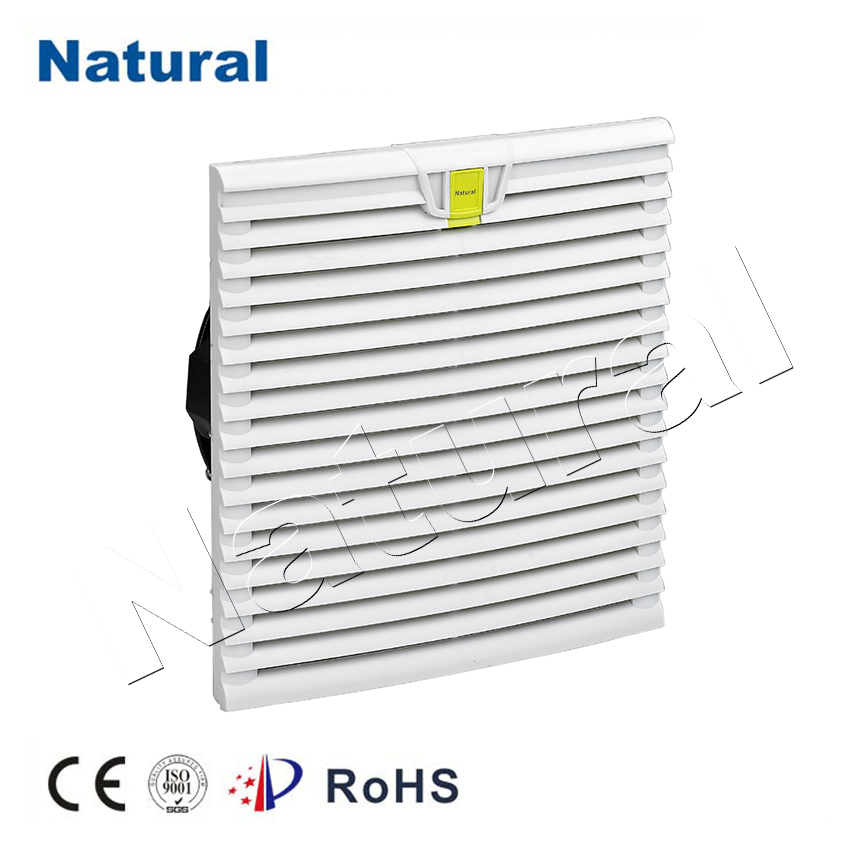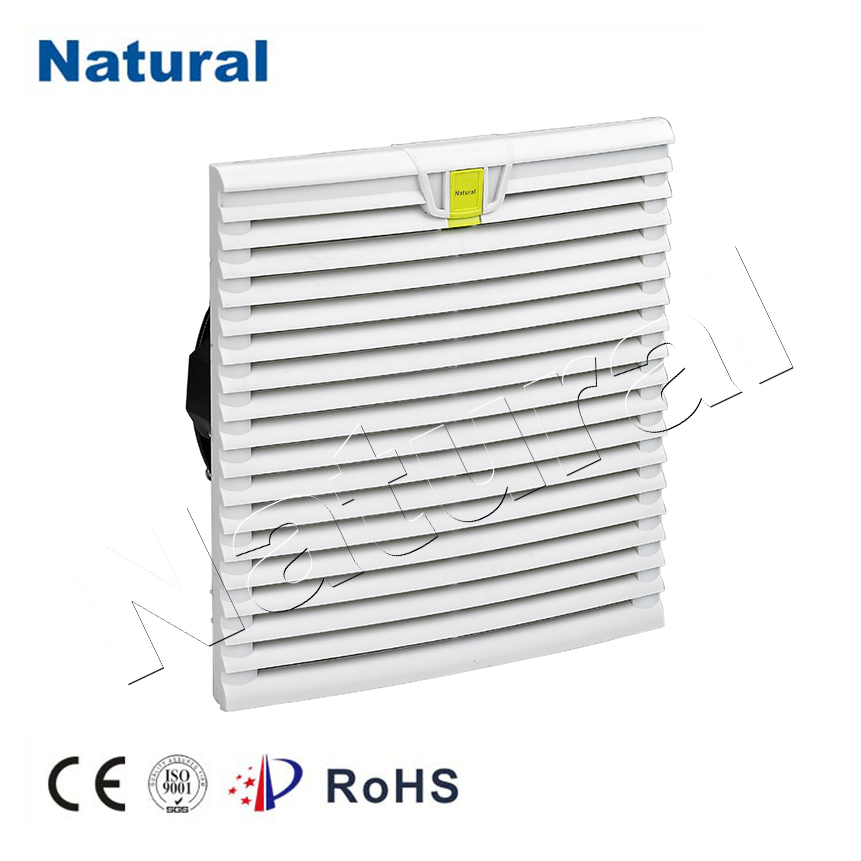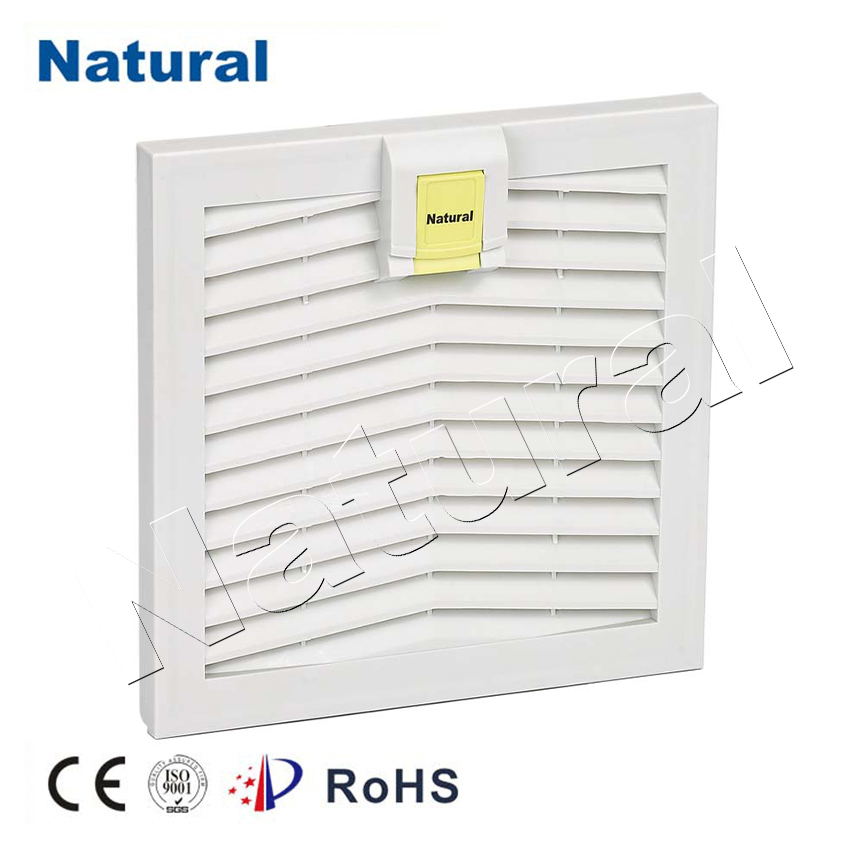In modern technology and systems, maintaining an optimal operating environment is crucial for both performance and longevity. One essential component in achieving this balance is the fan filter. Whether used in electronics, computers, or HVAC (Heating, Ventilation, and Air Conditioning) systems, fan filters play a critical role in ensuring the efficiency and durability of equipment. In this article, we will explore the significance of fan filters, their various applications, and the benefits they provide.

What is a Fan Filter?

A fan filter is a device that combines a fan and a filtration system to prevent dust, dirt, and other contaminants from entering sensitive equipment. By working in tandem with a fan, which circulates air for cooling or ventilation, the filter ensures that the air entering the system is clean and free from harmful particles. This process helps to maintain the proper airflow and temperature while protecting the internal components from damage. Fan filters are typically made from materials such as fine mesh, polyester, or synthetic fibers. These materials are selected for their ability to effectively capture particles while allowing sufficient airflow for the system to function properly. The filter design can vary depending on the specific needs of the system, but all fan filters share the common goal of enhancing system reliability and longevity.
